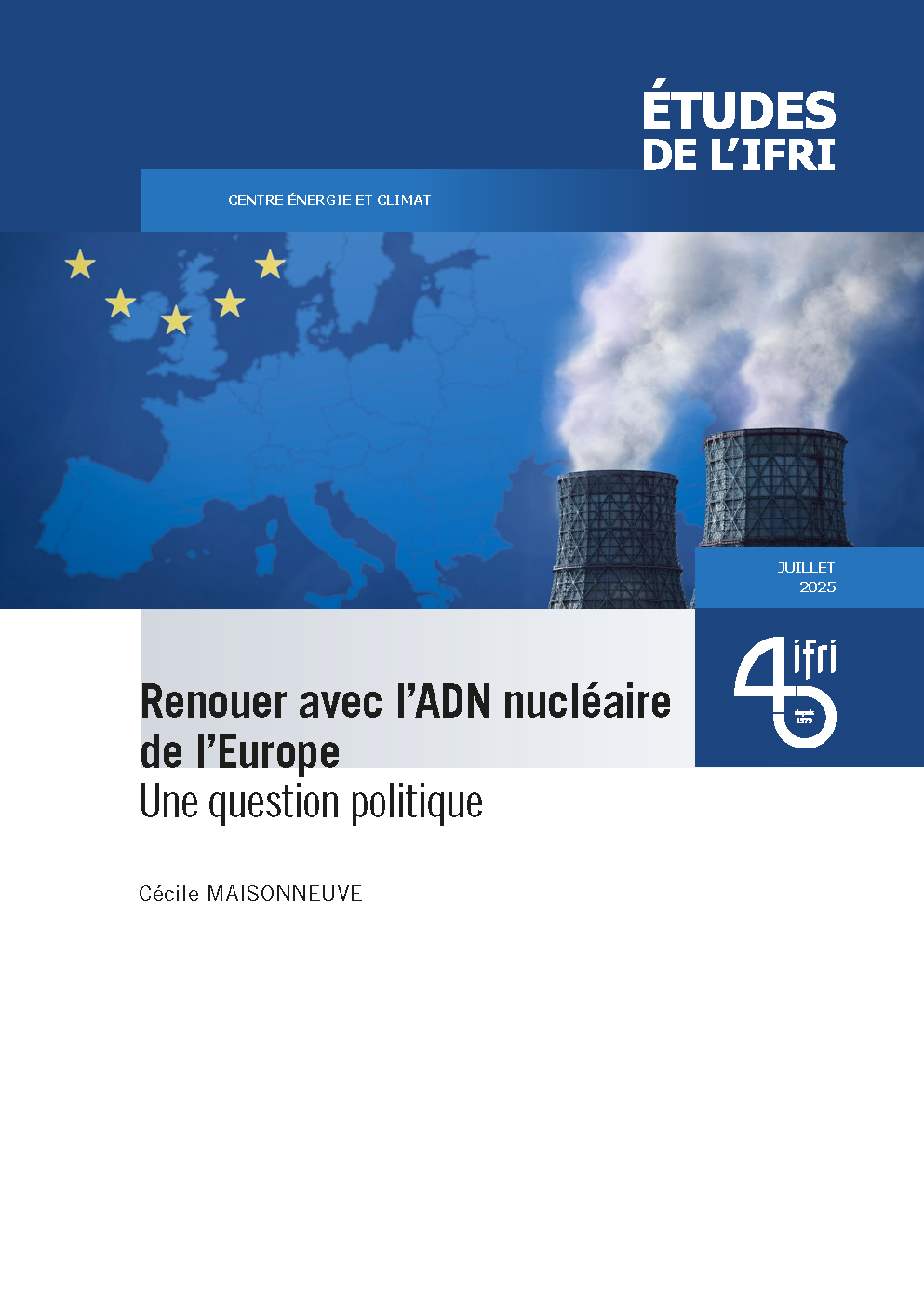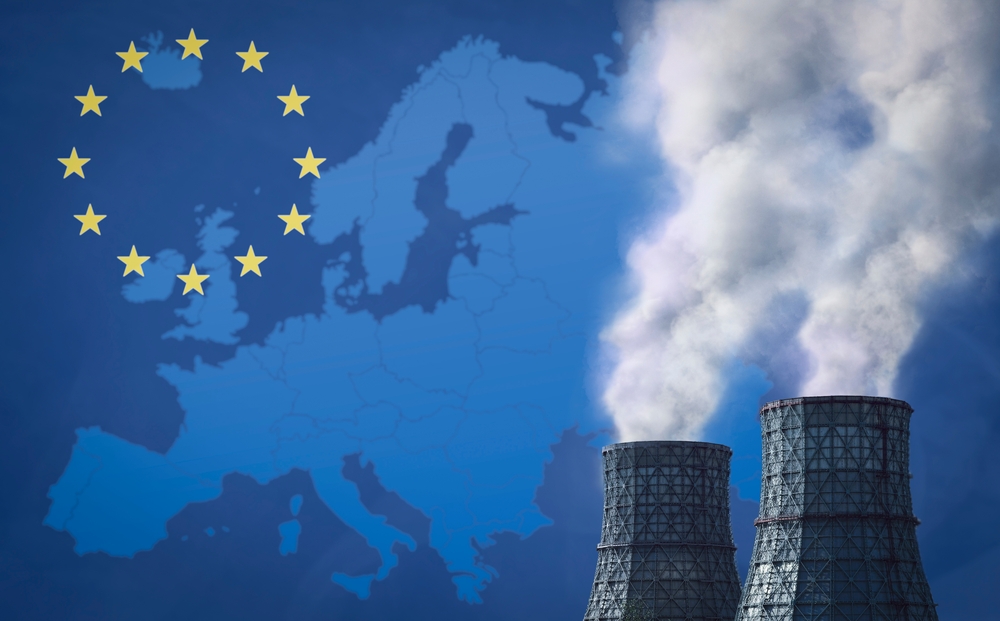Reconnecting With Europe's Nuclear DNA: a Political Question

As Europe's main source of low-carbon electricity, nuclear power is a strategic asset for tackling climate and geopolitical challenges.

Recognizing nuclear power as a strategic asset is essential for decarbonization and energy security. However, despite almost complete control of the technological and industrial value chain, the European Union (EU) is under-exploiting this potential, held back by discriminatory regulations and a lack of collective ambition. The nuclear industry needs an urgent boost, based on partnerships and dynamic competition to cut costs and accelerate the deployment of new reactors. Standardization and access to private financing are also necessary conditions for the renaissance of European nuclear power.
France, the linchpin of this European nuclear ambition, faces three fundamental challenges. First, rebuilding an industrial ecosystem eroded by deindustrialization. Second, reinventing the role of the State in a transformed economic context. Finally, France needs to clarify roles so that Électricité de France (EDF) can focus on building up its industrial strength, away from the obsolete model of a single national champion, and towards a partnership-based approach.
Against this backdrop, the strategy to be deployed is threefold: optimize existing nuclear reactors, relaunch the construction programs for large nuclear reactors and enable the emergence of European SMR sectors, all accompanied by ambitious fuel cycle policies.
Small modular reactors (SMRs) are emerging as a promising solution. However, the lack of a unified European strategy and chronic underfunding threaten to relegate the EU behind the USA and other powers. A pragmatic approach, removed from ideological debates, is crucial to guarantee the competitiveness of SMRs, an important solution for the future of European industry in the context of climate neutrality. This means harmonizing certifications as far as possible, mobilizing public and private funding, and developing the fuel cycle.
The full version of the study is only available in French.

Available in:
Themes and regions
ISBN / ISSN
Share
Related centers and programs
Discover our other research centers and programsFind out more
Discover all our analysesPlacing the EU on a Warfare Footing: Energy and Raw Materials Priorities for 2026
The year 2025 has confirmed that one must prepare for much worse in the field of geopolitics and geoeconomics as the intensity and frequency of shocks increase and as the European Union (EU) has no more stable flanks now that crises with the United States (US) become so frequent and reveal a systemic rift. In the world, barriers to trade multiply and dependencies are weaponized.
Brazil One Year Away from the October 2026 General Elections
Brazil’s general elections will be held on October 4, 2026, to elect the president, vice-president, members of the National Congress, governors, deputy governors and state legislative assemblies. For the presidential and gubernatorial elections, a second round will be held on October 25 if no candidate obtains a majority of the votes in the first round.
COP30: An Inflection Point for Climate Action and Governance
The 30th Conference of the Parties (COP30), opening in Belém, Brazil, on November 10th 2025, convenes at a perilous moment.
The Strategic Dimension of Skills in the Clean Industrial Deal
In the competitiveness and energy transition battles, the European Union (EU) must master a determinant factor: skills.












